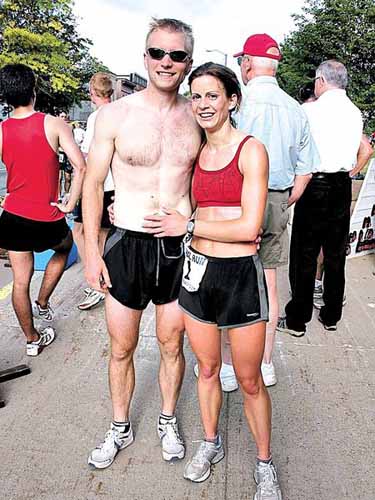Alumna Keren Tischler, who graduated in 2004 with a master’s degree in forest ecology, will present, “The Common Loon,” from 6:30-7:30 p.m., Monday, Aug. 16, at the Portage Lake District Library.
Few wildlife species enjoy as much admiration as the common loon, yet much of their behavior remains a mystery. In this family-friendly presentation, Tischler will share images and stories to demonstrate what careful observation has taught us about loons: Where do loons migrate? What do those haunting calls mean? Why are loons a good indicator of the health of our lakes?
Tischler has been involved in loon research for over 15 years, first through the Sigurd Olson Environmental Institute while a student at Northland College. She works for Common Coast Research and Conservation, a local nonprofit organization dedicated to loon studies in Michigan.
Library programs are free and everyone is welcome. For more information, contact the library at 482-4570 or visit www.pldl.org .
Published in Tech Today.
